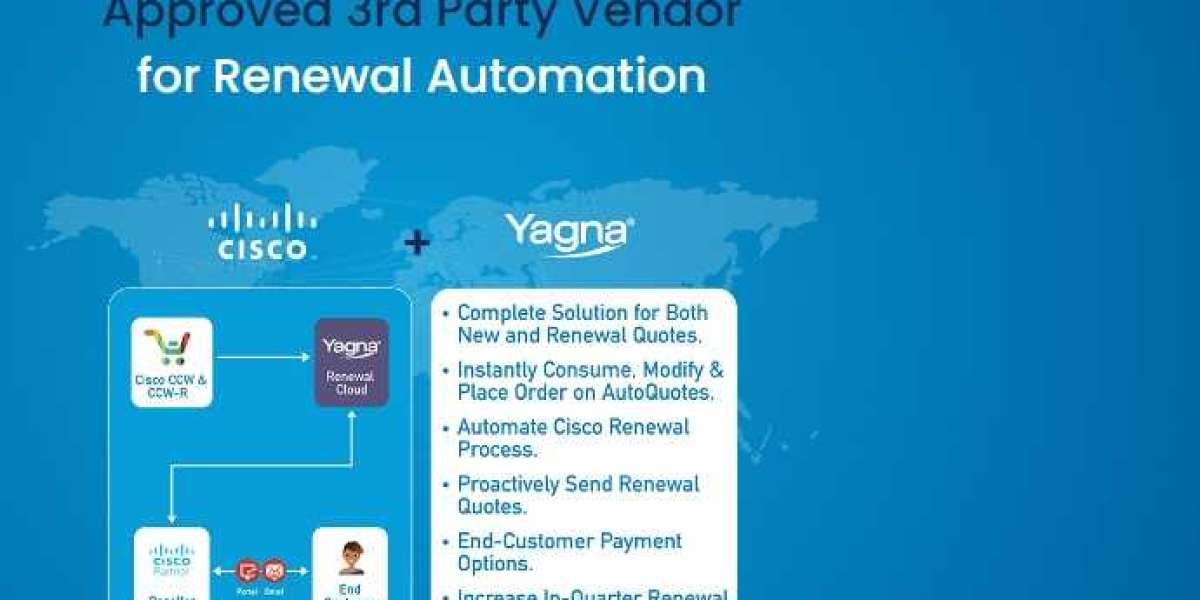Cisco stands as a pioneer of networking solutions, providing businesses with various options that meet their needs. One such option that has garnered significant attention is their Enterprise Agreement (EA). As businesses seek to maximize their IT investments, understanding both sides of this agreement is of utmost importance; so in this blog post we'll take you on an in-depth journey exploring its characteristics so you can make educated decisions that benefit the success of your business.
Unveiling the Benefits of Cisco Enterprise Agreement:
* Simplified Licensing: The Cisco EA makes licensing easy, allowing businesses to manage multiple licenses under a single agreement - cutting administrative burden, saving time, and guaranteeing compliance with licensing requirements.
Scalability and Flexibility: With the Cisco EA, businesses can easily upscale their infrastructure as their needs evolve. Thanks to its flexible nature, this agreement allows seamless adjustments for growth - making it an economical solution suitable for companies of any size.
* Cost Predictability: One of the chief advantages of CEA is cost predictability for Cisco Renewals. A fixed-term agreement provides clear insight into expenses, making budgeting and resource allocation much simpler.
* Greater Visibility and Control: The Cisco EA provides businesses with enhanced visibility into their network infrastructure, usage data, licensing data, and resource optimization for greater efficiency. It enables proactive resource optimization for proactive management and increased productivity.
Simplified Renewals: Free yourself of the difficulties associated with managing individual licenses with Cisco EA's simplified renewals that reduce administrative overhead while assuring seamless continuation of services.
Examining the Cons of the Cisco Enterprise Agreement:
* Commitment Period: The Cisco EA requires a multiyear commitment, which may not fit within the short-term plans of some businesses. Due to this long-term obligation, careful evaluation must take place when considering and selecting business needs for assessment.
Implementation Complexity: For businesses unfamiliar with similar agreements, implementing the Cisco EA may require expert guidance and more time and resources than anticipated for successful implementation.
* All-in-One Bundle: Although Cisco EA provides an all-encompassing solution, certain businesses may find certain components unsuitable to their needs and this could result in paying for features they do not utilize to their full extent.
*Termination Costs: Businesses exiting an EA early may incur termination costs, so they should carefully assess their long-term needs to prevent unanticipated expenses.
Yagna iQ is an all-encompassing cloud cost management and optimization platform, offering real-time insights into usage and expenditure of cloud resources for businesses to identify cost savings opportunities and maximize resource utilization. Through automation and intelligent recommendations, it streamlines cloud management while improving operational efficiency, data security and providing businesses with a competitive edge in their cloud operations.
Conclusion:
The Cisco Enterprise Agreement offers businesses looking for simple, scalability, and cost predictability in their networking solutions a compelling option. The easy licensing, enhanced flexibility, and enhanced control it offers make this an appealing solution; however businesses should be wary of long-term commitment and implementation complexities associated with it.







